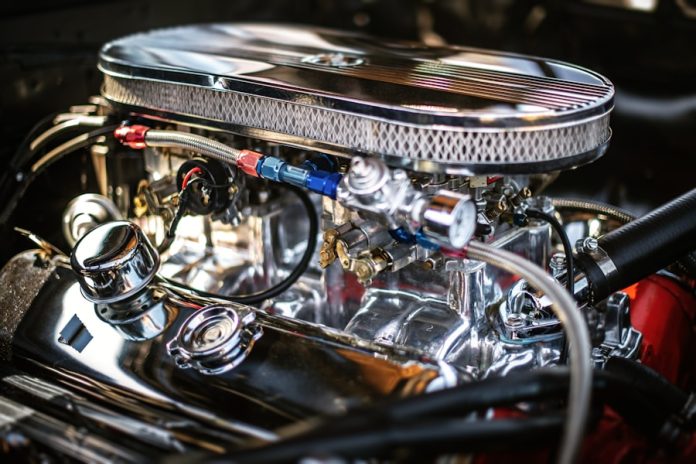
The way drivers look after their cars has changed a lot in recent years. More and more people are choosing to order parts from the comfort of home, scrolling through countless options instead of making the trip to a parts store. The variety is broad, the prices can be competitive, and it is easy to line up different brands side by side before deciding.
However, just because you can find something for your vehicle with a few clicks does not mean it is always the safest or smartest buy. If you are shopping for car parts online, knowing which components are fine to order and which ones deserve a second thought is what separates a confident purchase from a costly mistake.
Convenience with a Side of Caution
Online shopping has helped drivers and weekend tinkerers alike. Everyday parts like filters, wiper blades, bulbs, or brake pads are often easy to match to your vehicle with the help of online tools. Specialised retailers now make it possible to order genuine or aftermarket components from suppliers without leaving your lounge room.
However, the convenience comes with a sense of responsibility. The biggest misstep many car owners make is assuming that every part is safe to buy this way. The truth is, while some items are low-risk and straightforward, others are complex enough that ordering them online without proper guidance could land you in trouble.
Low-Risk Parts That Work Well
There is a whole category of car parts that work perfectly well for online shopping. These tend to be components that don’t need precision tuning or heavy-duty tools to fit. Air filters, cabin filters, spark plugs, light bulbs, and even battery chargers fall into this group. They are often universal or standard across several models, making them less risky choices.
Many retailers include compatibility checkers, simple tools where you punch in your car’s make, model, and year to confirm you’ve got the right match. Pair that with detailed product descriptions and manufacturer specs, and you’ve got enough information to make a safe decision without calling your mechanic.
Complex or Critical Components
On the flip side, certain parts are not so straightforward. Engine components, suspension systems, transmission assemblies, or electronic modules are rarely a standard fit. Even small differences between models can make a big difference in compatibility. Get it wrong, and you are not only wasting money but could also put your safety at risk.
There is also the matter of warranties. Manufacturers often set strict rules about where critical parts can be purchased and how they should be fitted. Installing the wrong component, or even the right one purchased through an unauthorised seller, could void your warranty. For anything tied directly to safety or core vehicle performance, it is generally wiser to work through a mechanic or parts specialist.
The Importance of Trustworthy Online Retailers
Trusted retailers stand out because they don’t just chase the lowest price but also back it up with authenticity, clear returns policies, and real customer support. The best platforms will list proper part numbers, verify items against manufacturer databases, and even provide staff who can answer technical questions.
Choosing a reputable store helps ensure you are not dealing with counterfeit or poor-quality stock. It also gives you peace of mind that if something goes wrong, you’ve got backup.
Final Thoughts
Buying car parts online is a practical option for many drivers, especially when it comes to simple, everyday items. Stick to components that are low-risk, lean on compatibility tools, and choose trusted retailers, and you will likely have a smooth experience.
For complex systems, though, err on the side of caution and seek professional input. At the end of the day, the goal is not just to save a few dollars but to keep your car running reliably and, most importantly, safely.

